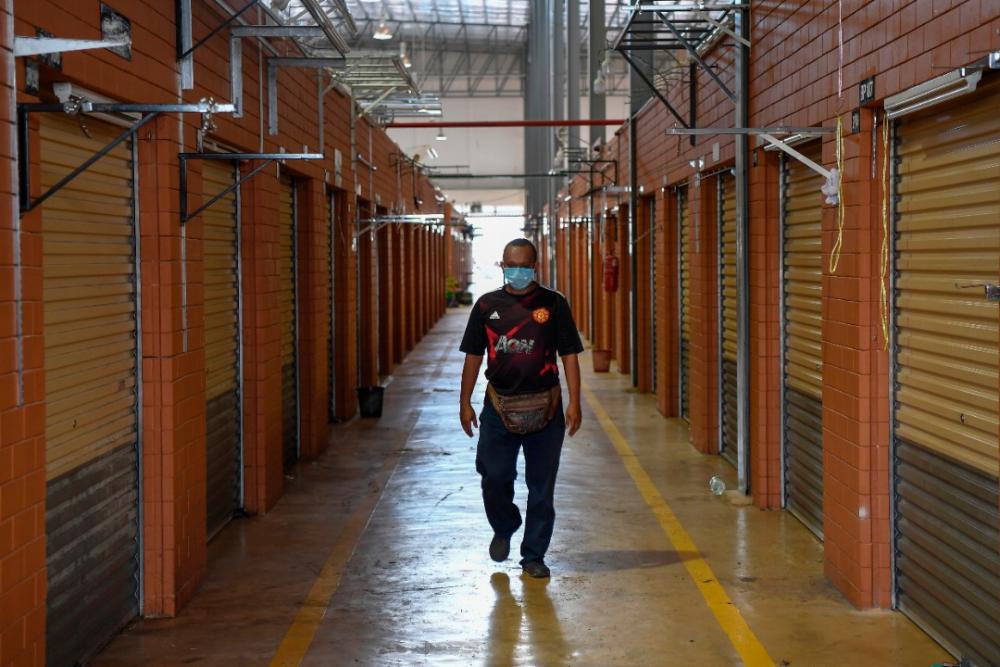PETALING JAYA: Steps must be taken now to allow all businesses to fully resume operations to prevent an economic fallout.
Economists are of the view that the crunch time is likely to be the end of this month. If all businesses are not allowed to resume operations by then, it could send the economy into “deep trouble”, they said.
Reopening the services sector is especially essential for economic recovery, economics professor at Sunway University Dr Yeah Kim Leng told theSun.
Yeah pointed out that the services sector is the largest contributor to the gross domestic product (GDP) and by extension, economic recovery.
“The sector employs millions of people and it accounts for up to 56% of GDP, making it all the more essential that this sector be allowed to resume operations to get the economy back on its feet,” he said.
Until now, key sectors of the economy have remained closed as part of measures to curb the spread of Covid-19.
Various restrictions under the movement control order that have been in place on and off for the past 18 months have forced businesses that are considered non-essential to remain closed.
Only “essential” business such as eateries, pharmacies and public transport have been allowed to operate, but under conditions with strict adherence to standard operating procedures (SOP) to curtail infections.
Yeah explained that the government needs to understand companies are linked together in the supply chain. “Companies that fall under essential services depend on non-essential businesses for supplies or parts. Otherwise, they also cannot operate,” he said.
He urged the government to allow even non-essential businesses to reopen to save the economy and jobs.
“We can always make the employer responsible for full and strict adherence to the SOP, and hold him responsible if there is an outbreak at his business premises,” he said.
Yeah pointed out that the bulk of the working population is employed in the services sector, and there is now an urgent need to save and protect their jobs.
“The longer companies remain shut, the harder it will be for them to resume operations. Some companies may end up using all their reserves, thus making it impossible for them to restart,” he said.
He said others could be so deeply in debt that it becomes difficult for them to start up again.
“The earlier we reopen for business, preferably by the end of this month, the easier it will be for us to move forward economically,”
he added.
Universiti Tun Abdul Razak economist Dr Barjoyai Bardai said the nation is expected to see only a 3% economic growth, “which is not very good”.
He noted that while businesses in several states may now reopen under Phase 2 of the National Recovery Plan, the states that form the core of the nation’s economy remain shut.
“They may have to wait until October and this can be fatal for our economy. We need to find other ways to fight this virus while we reopen the economy,” he told theSun.
“Buying screening equipment that can easily, quickly and cheaply detect the virus may be the best way forward,” he said.
Barjoyai said this would make it possible to determine who is unwell and stop them from going to work.
He agreed that the classification of essential and non-essential businesses is “not very clear” because companies are interdependent on one another.
“The multiplier effect of businesses staying shut could send our economy to the verge of collapse,” he warned.
He pointed out that the services sector, especially, should not be kept shut any more given its large contribution to the GDP.
“We need to get people back to work to save our economy,” he said.
Berjoyai said the country now not only needs a new policy but also a rethink of how it will fight Covid-19. “Covid-19 is not going away. We’ll have to learn to live with it,” he added.









